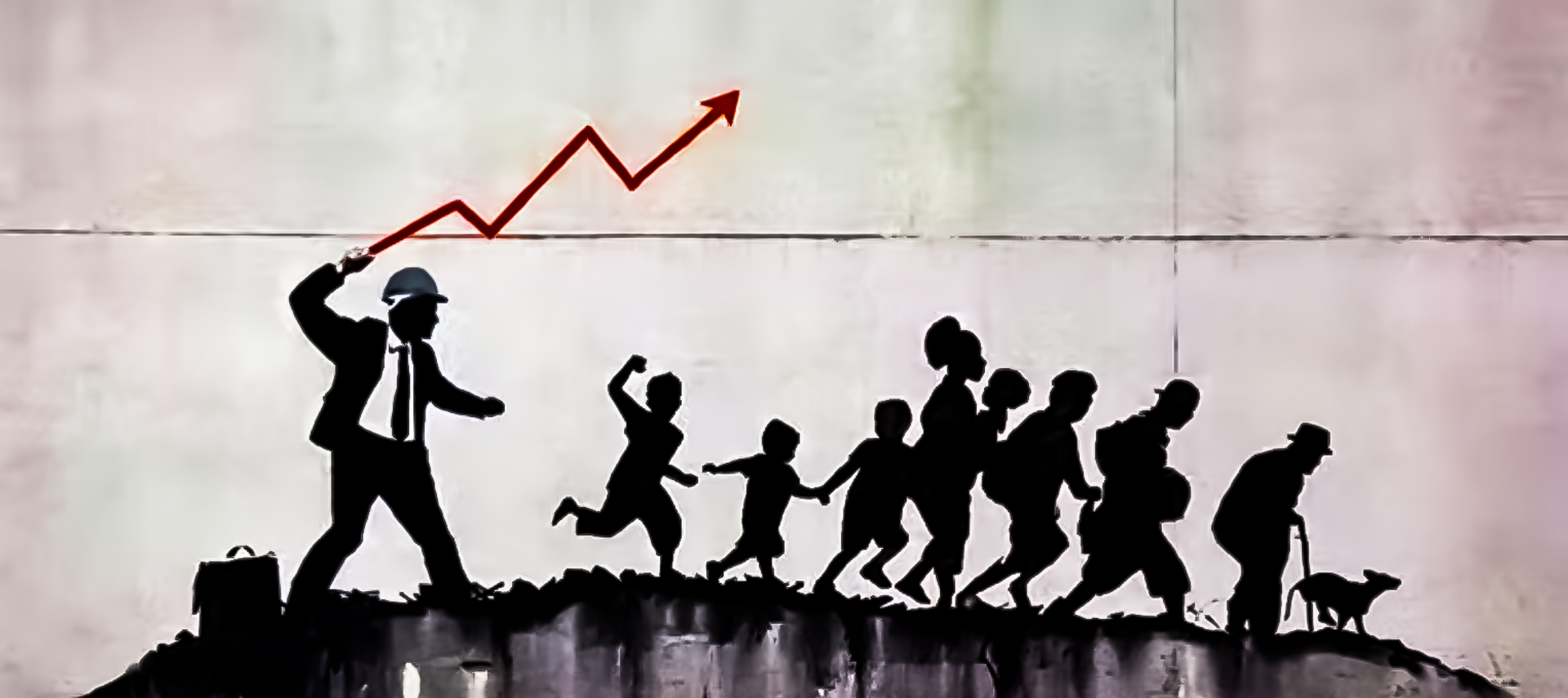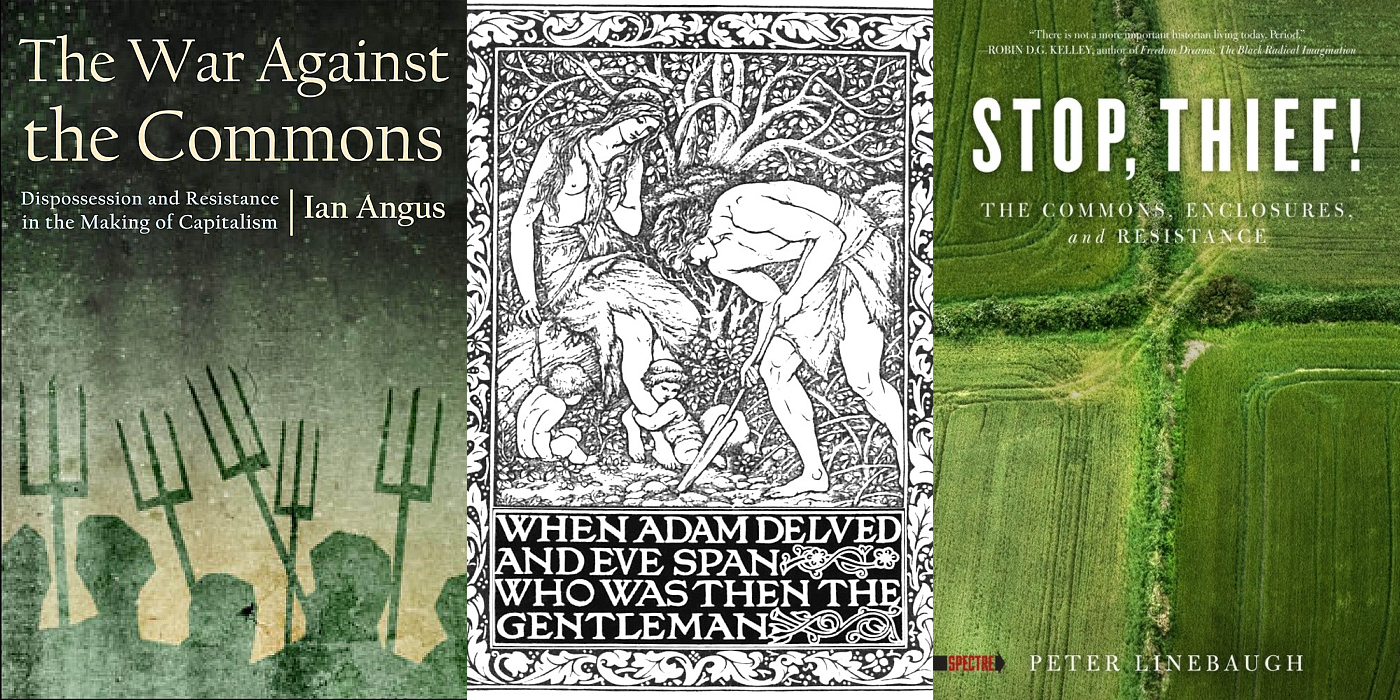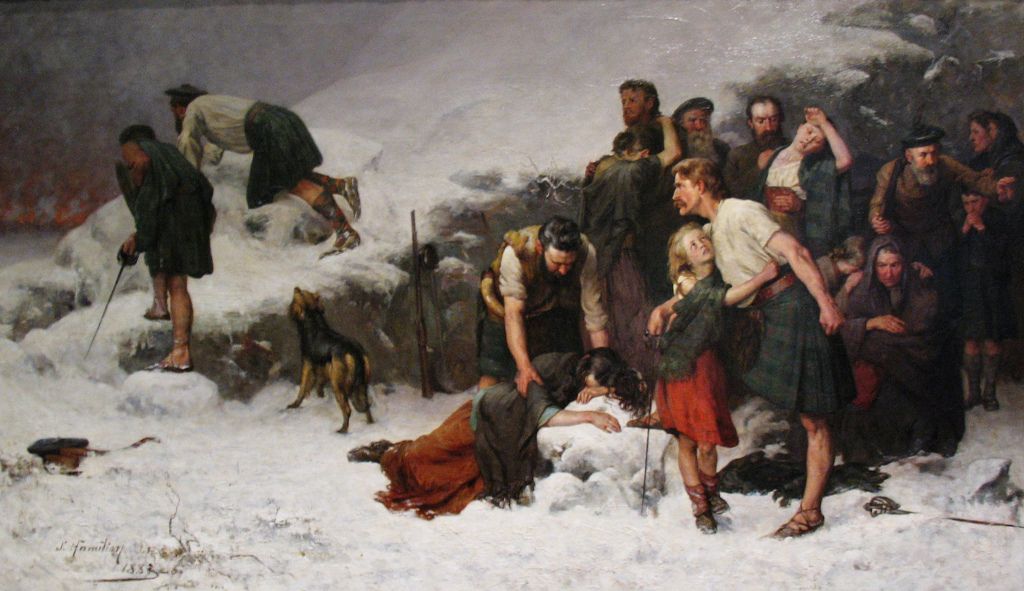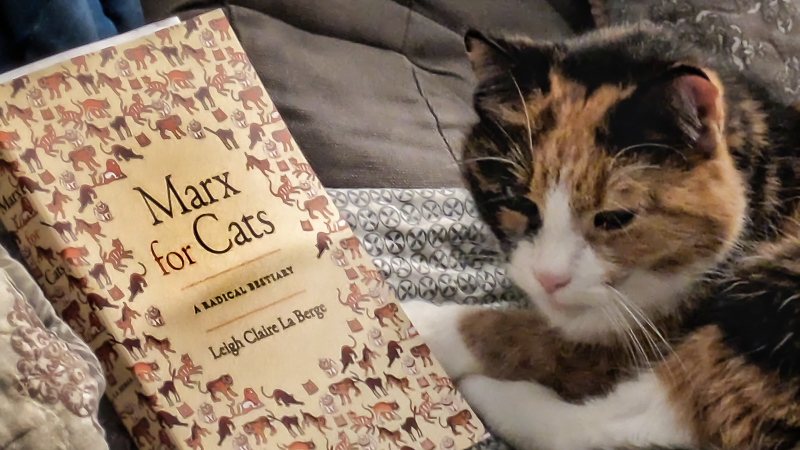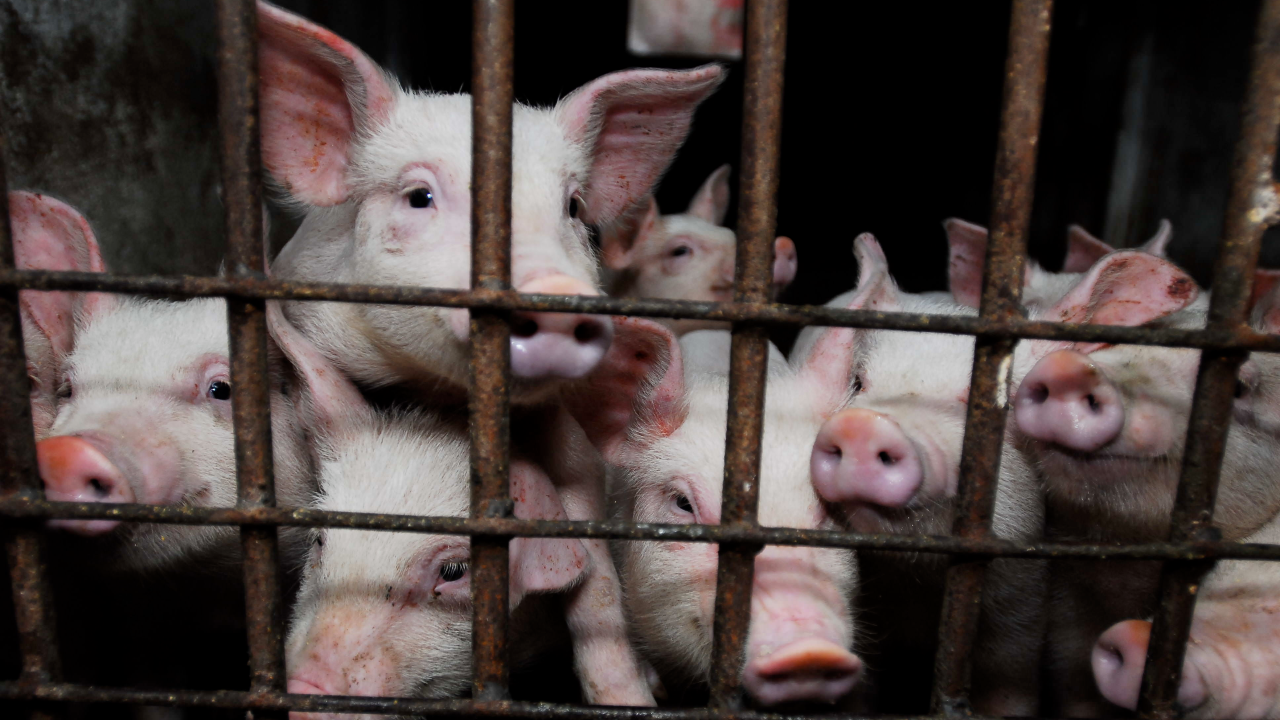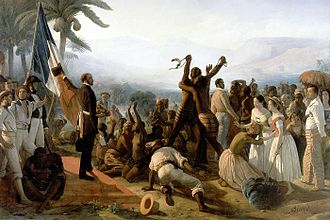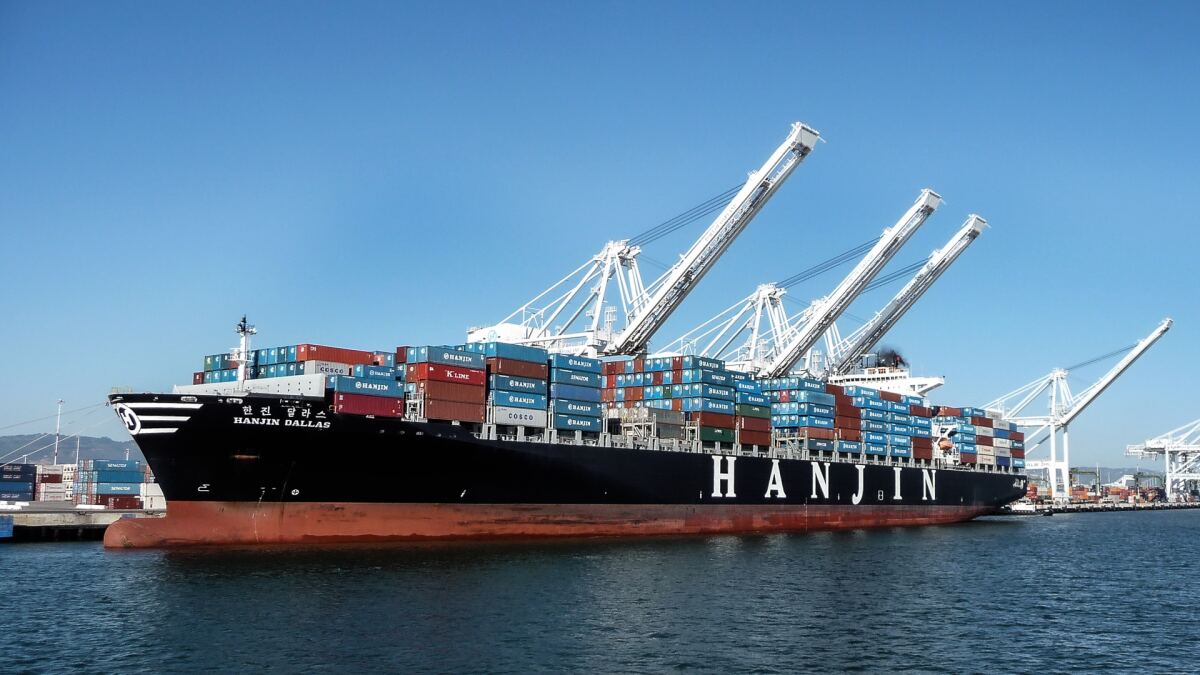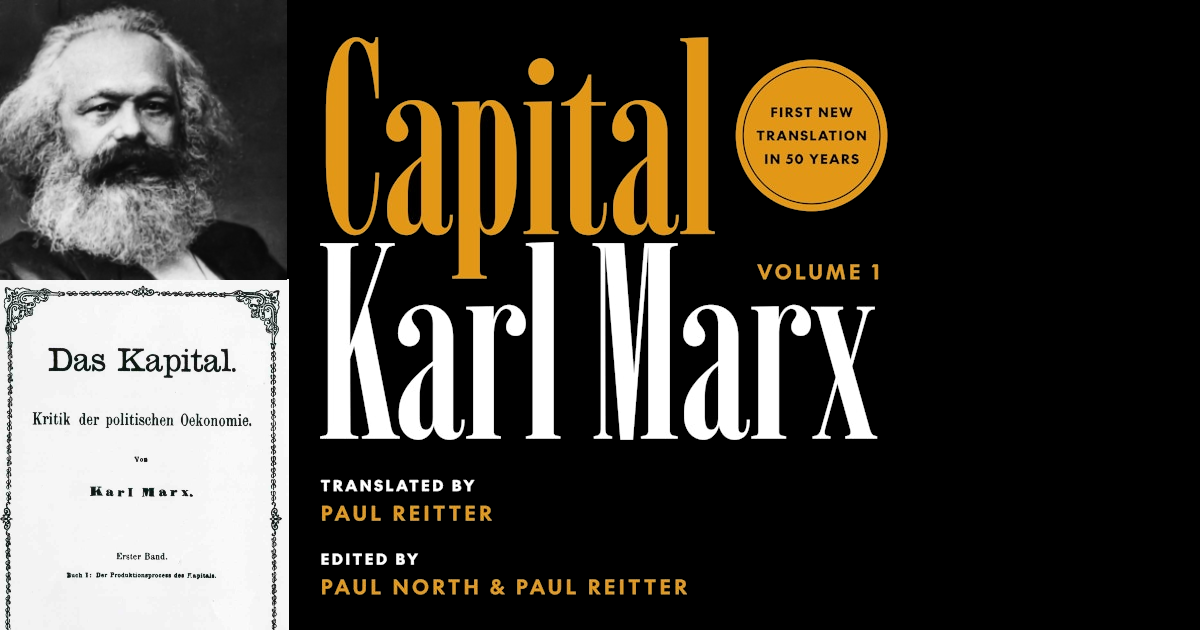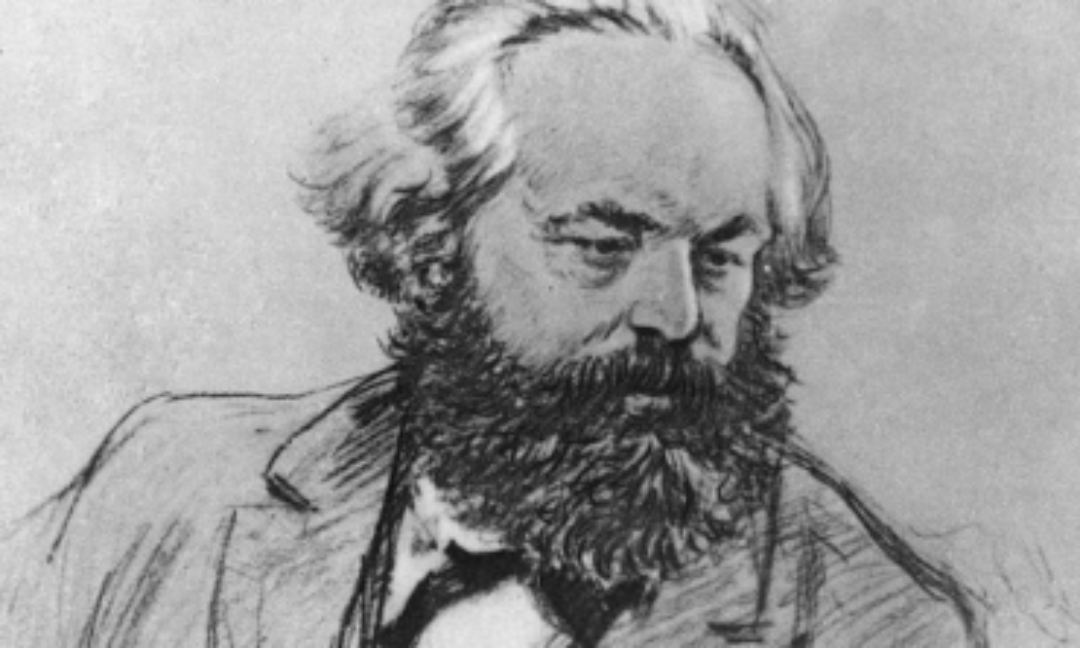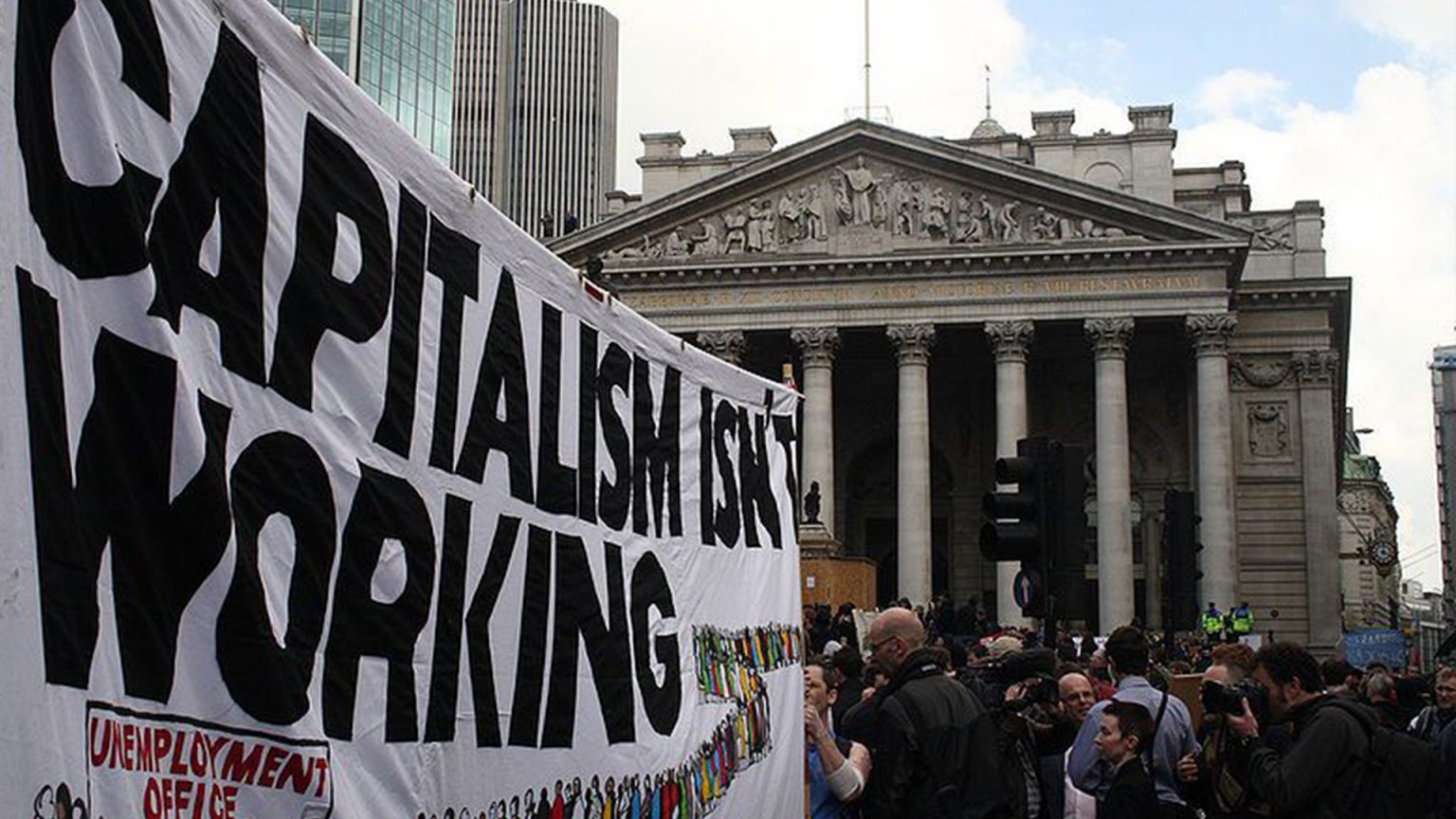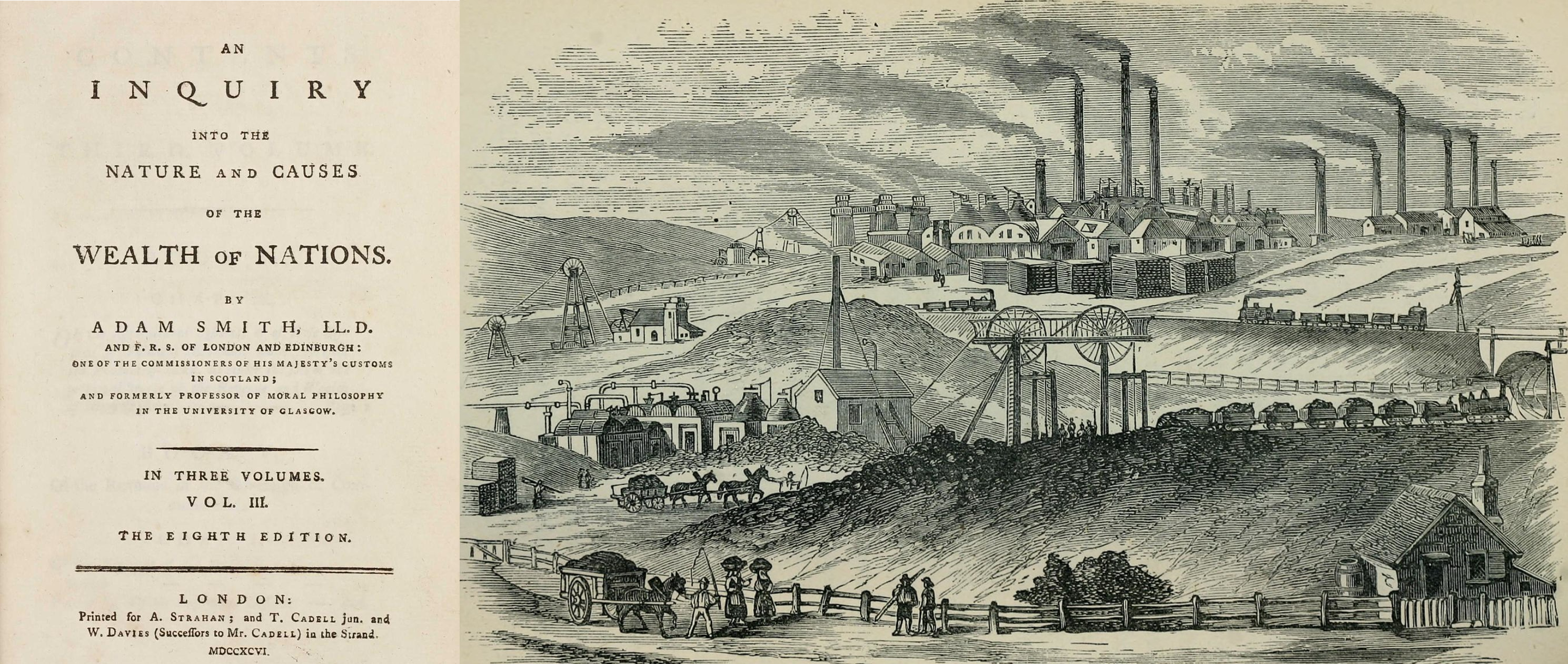Das Kapital
Reading Marx’s Capital, Volume I (third series)
Online: Zoom link will be provided to registered participantsThird series in our close reading and discussion of Marx's magnum opus, with Lisa Maya Knauer and other facilitators from the MEP's Capital Studies Group. This series covers parts 5 through 8 of Capital I, on wages, the accumulation of capital, and the so-called primitive accumulation.
Reading Marx’s Capital, Volume I (third series)
Online: Zoom link will be provided to registered participantsThird series in our close reading and discussion of Marx's magnum opus, with Lisa Maya Knauer and other facilitators from the MEP's Capital Studies Group. This series covers parts 5 through 8 of Capital I, on wages, the accumulation of capital, and the so-called primitive accumulation.
Commons, Commoning, Communism
Online: Zoom link will be provided to registered participantsBefore the advent of capitalism, much of humanity produced their immediate livelihoods on lands and with tools to which they either had rights of use or held as individual property. All that came to a violent end with what Marx preferred to call the "original expropriation" (often misleadingly termed "primitive accumulation"). This reading group will explore the historical roots and persistence of such crimes and the resistance they evoke by reading together Ian Angus's recently published The War Against the Commons, Peter Linebaugh's Stop Thief! and related texts.
Commons, Commoning, Communism
Online: Zoom link will be provided to registered participantsBefore the advent of capitalism, much of humanity produced their immediate livelihoods on lands and with tools to which they either had rights of use or held as individual property. All that came to a violent end with what Marx preferred to call the "original expropriation" (often misleadingly termed "primitive accumulation"). This reading group will explore the historical roots and persistence of such crimes and the resistance they evoke by reading together Ian Angus's recently published The War Against the Commons, Peter Linebaugh's Stop Thief! and related texts.
Commons, Commoning, Communism
Online: Zoom link will be provided to registered participantsBefore the advent of capitalism, much of humanity produced their immediate livelihoods on lands and with tools to which they either had rights of use or held as individual property. All that came to a violent end with what Marx preferred to call the "original expropriation" (often misleadingly termed "primitive accumulation"). This reading group will explore the historical roots and persistence of such crimes and the resistance they evoke by reading together Ian Angus's recently published The War Against the Commons, Peter Linebaugh's Stop Thief! and related texts.
Blood and Fire: The Violent Origins of Capitalism
Online: Zoom link will be provided to registered participantsJoin the MEP's Capital Study Group in a four-week study of the concluding section of volume I of Marx's Capital, which discloses the widespread violence and dispossession - in both Europe and colonized areas - that accompanied the emergence of capitalism.
Marx for Cats with Leigh Claire La Berge
Recording available on YouTube“All history is the history of cat struggle.” In "Marx for Cats: A Radical Bestiary," our guest speaker Leigh Clare La Berge follows feline footprints through Western economic history to reveal an animality at the heart of Marxism. By asking what humans and animals owe each other in a moment of ecological crisis, La Berge joins current debates about the need for and possibility of eco-socialism.
Animals, Capitalism, Marxism: A Conversation
Online: Zoom link will be provided to registered participantsDinesh Joseph Wadiwel and Alex Blanchette explore the potential and limits of Marxist theory for addressing the roles and fates of nonhuman animals, as well as ways to connect anticapitalist struggles to animal liberation and environmental justice. Wadiwel is the author of Animals and Capital and Blanchette is the author of Porkopolis: American Animality, Standardized Life, and the Factory Farm.
David McNally: Marx and Colonialism
Recording available on YouTubeDavid McNally joins our 10th anniversary celebration of the MEP with a keynote talk on "Marx and Colonialism: The End of Capital and the Beginning of a Journey."
The Circulation of Capital: Volume II of Marx’s Capital
Online: Zoom link will be provided to registered participantsA weekly study group covering Marx's Capital, Volume II, The Process of Circulation of Capital. In this volume, Marx addresses the question: How can the reproduction of society as a whole take place, if there is no conscious social planning that ensures that all needs are met, in the necessary proportions, such that life can persist and the capitalist relations of production be sustained? We discover the answer, but we also learn of new contradictions and sources of crisis inherent to capitalist society.
A Prime Competitor: Understanding Amazon’s Market Power
Recording available on YouTubeStephen Maher and Scott Aquanno present an innovative analysis of Amazon's market power, drawing on major themes from Marx's Capital, volume 2. In a recent contribution published by Canada's Socialist Project, they challenge understandings of "monopoly" common in mainstream economics as well as among sections of the left.
Translating ‘Capital’ for the 21st Century
Recording available on YouTubeThe appearance of a new English-language edition of Marx's Capital, Volume I, translated and edited by Paul Reitter and Paul North, has been a momentous occasion. Join a conversation with Reitter, North, and noted Marx scholar Michael Heinrich on the challenges of translating Marx for 21st century readers, the weaknesses and strengths of earlier translations, and the ways the new edition can help us understand Marx's analyses of capital and value.
Marx Miniseries: The ‘Resultate’
Online: Zoom link will be provided to registered participantsThe MEP's Capital Studies Group presents a miniseries on the chapter Marx omitted from published editions of Capital. Titled "Results of the Immediate Process of Production" and often referred to by the German 'Resultate', this long chapter can be read as a bridge between volumes 1 and 2 of Capital.
Reading Marx’s Capital, Volume III
Online: Zoom link will be provided to registered participantsA weekly study group covering Marx's Capital, Volume III, The Process of Capitalist Production as a Whole. This work integrates and completes Marx's analysis, enabling us to understand and make sense of how the phenomena we see occurring on the surface of society are related to the underlying system of capitalism.
Adam Smith and ‘The Wealth of Nations’
Online: Zoom link will be provided to registered participantsAdam Smith deals with such issues as the so-called labor-theory of value, the equalization of the rate of profit, and the determination of commodity prices in important ways that anticipate Marx or require the corrections Marx provides. So, in this group, we will dive headlong into Smith's opus, The Wealth of Nations.

